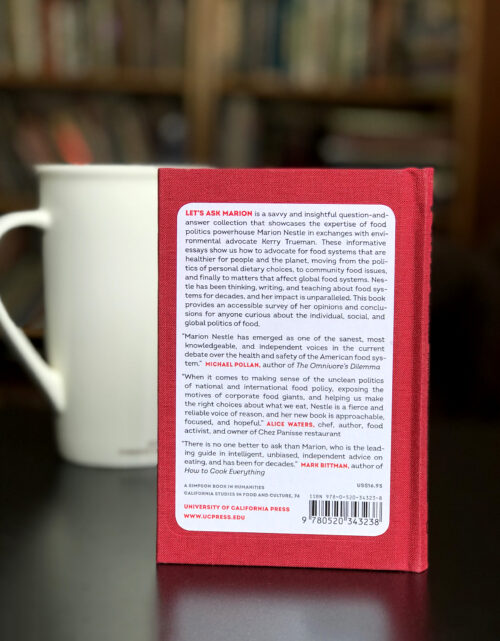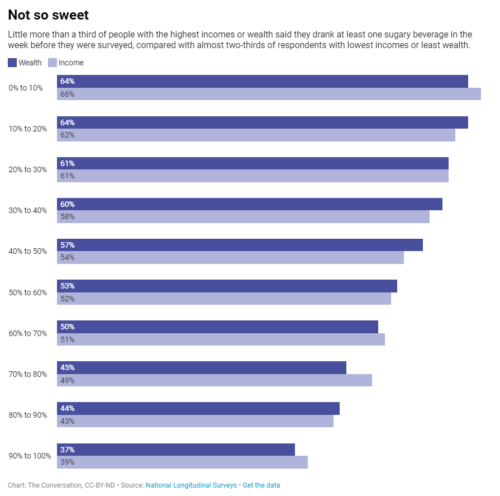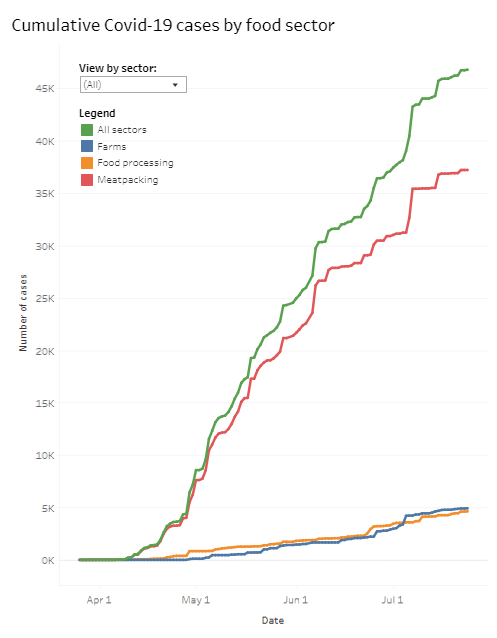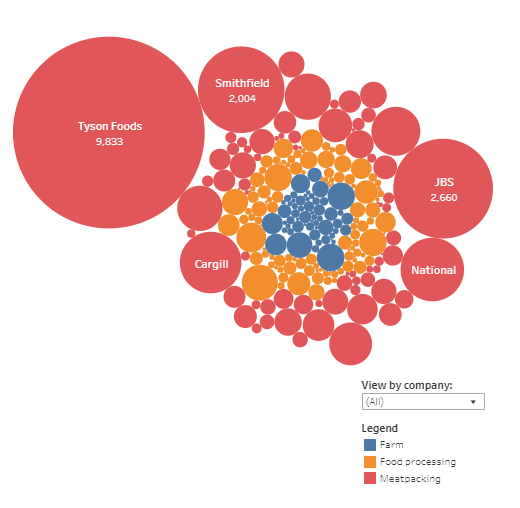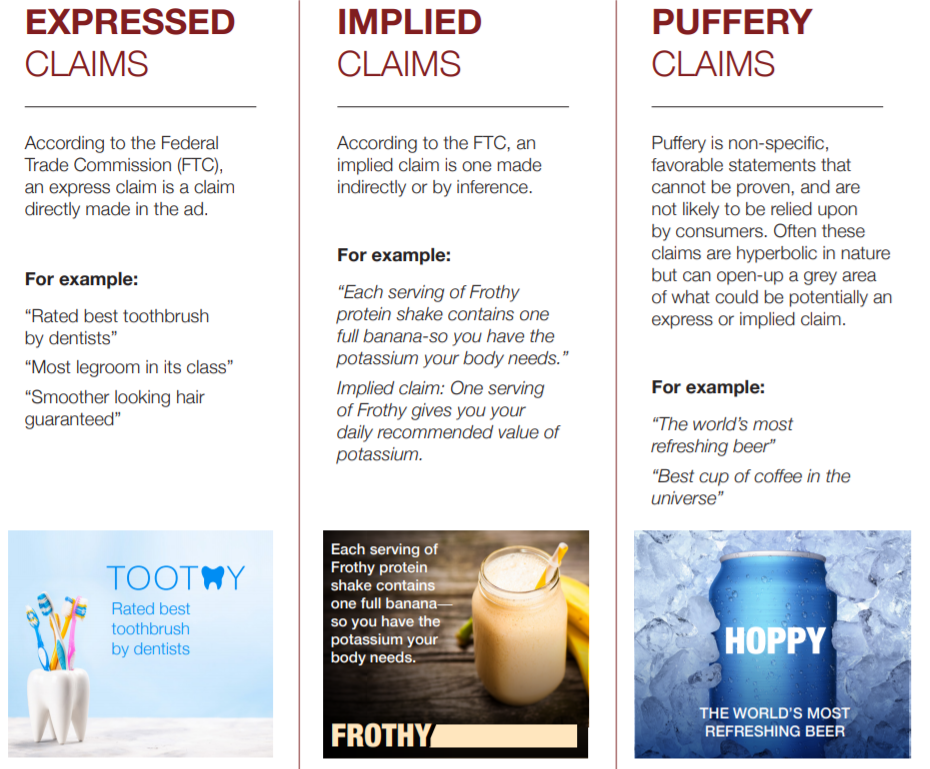Who is getting billions in farm payments?
This Tweet got me started on farm payments.
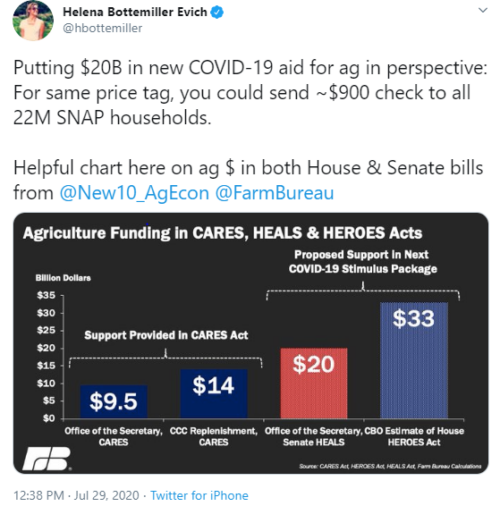
Good point. It sent me to John Newton who is an agricultural economist and lobbyist for the Farm Bureau.
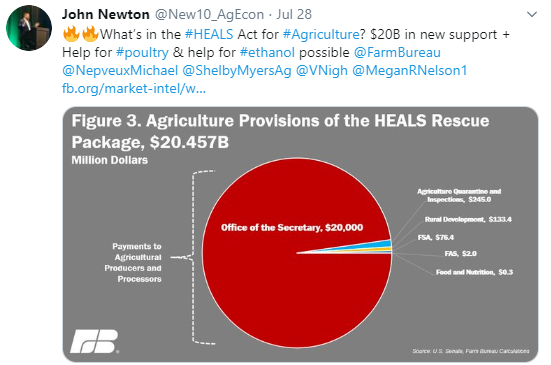
The red sector is payments to agricultural producers and processors. The tiny little sliver goes to food and nutrition.
All of this got me thinking. What’s the Big Picture here?
Fortunately, Politico has done the work.
- ‘Here’s your check’: Trump’s massive payouts to farmers will be hard to pull back: The president was already spending double his predecessor to spare farmers the cost of his trade war. Now the price is reaching unsustainable levels.
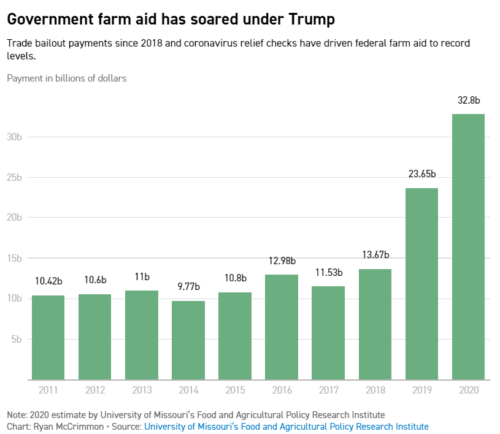
And here are a few other comments on how this is playing out—with taxpayer dollars, recall.
- Million-dollar payments from USDA’s coronavirus fund: A hog producer, Titan Swine, got the largest single payment during the first month of the USDA’s coronavirus relief program — $1.4 million — and it received two additional checks, totaling $1.1 million, on the same day, reported The Counter.
- A few farmers get huge USDA relief payments while many struggle for pennies.“The fall is going to be an apocalypse for small farms.” From H. Claire Brown in The Counter.
- Millions of Dollars Heading to Farmers, but Small Farms Won’t See Much of it: Advocates say young and disadvantaged farmers won’t benefit from the latest stimulus funds, and nor do those selling directly to consumers.
If ever we needed accountability—and rational agricultural policy—the time is now.



